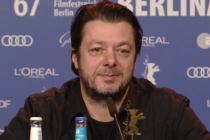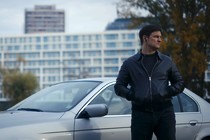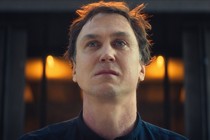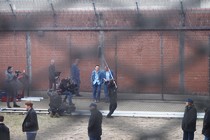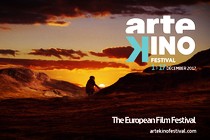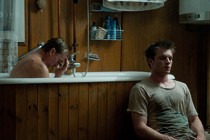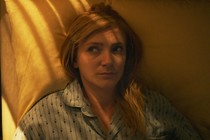Bright Nights: An ambiguous epiphany in father-son relations
- BERLIN 2017: Thomas Arslan has returned to the Berlinale with a road movie following the journey of a father who, in saying goodbye to his own father, tries to repair his relationship with his son
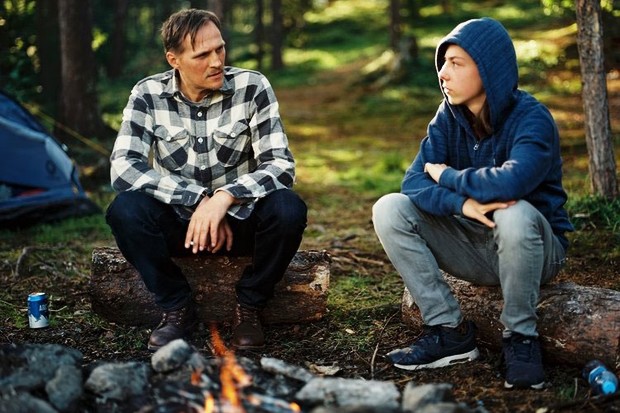
Four years after his last film, the American adventure Gold [+see also:
film review
trailer
interview: Thomas Arslan
film profile], was selected for competition at the Berlinale, German director Thomas Arslan is back at the festival with a film that, despite its title, remains somewhat tenebrous. Bright Nights [+see also:
trailer
Q&A: Thomas Arslan
film profile] returns to the minimalism and study of banality familiar from one of Arslan’s earlier films, Vacation [+see also:
trailer
film profile] (featured in the Panorama section in 2007), a film which also advances, slowly but surely, towards an epiphany in family relationships that will put a fleeting crack in the shield of calcified emotions.
The relationship, or rather attempt at a relationship, around which the film centres is that between Michael (Georg Friedrich, seen also in another film in the official competition, Wild Mouse [+see also:
film review
trailer
interview: Josef Hader
interview: Josef Hader
film profile]), a construction manager and absent father, and his son Luis (Tristan Göbel, the teenage star of another road movie, Fatih Akin’s brilliant and enjoyable Tschick [+see also:
trailer
film profile]). Michael’s own father, also estranged from his family, has just died and is about to be buried in Norway, and Luis agrees to travel with him across Scandinavia despite seeming reluctant to repair their bond. Together, although in silence and without touching, they undertake a long journey which, paradoxically, we know to have only one goal for each of them: to reach an understanding of the other, in spite of everything that has gone before.
It’s a rugged Norwegian adventure presented with a gentle touch, or, at least, with the same lack of zest displayed by our two travellers. We follow their dour departure in real time, Michael breathlessly trying to keep up with his sullen adolescent son, while the latter, earphones jammed in, does everything he can to avoid his father’s clumsy attempts to strike up conversation and to find common ground. It is as if both father and son have got on perfectly well up until now in the other’s absence, without asking for any attention, and have found a fragile equilibrium that this long, slow journey now threatens to disturb. The characters’ subtly chosen lines carry this point clearly — for example, when Michael asks Luis if he wants to turn back or “risk” carrying on their path, or when Luis accuses his father of wanting to “set him up”.
Thus, the audience joins in the long wait of these two characters, determined at all cost to expect nothing of the other, knowing that, on their return to Germany, they will find themselves back in the familiar misery of the same old situation. We see this painful knowledge reflected in Michael’s vacant eyes, which, gazing out from behind the windscreen, are both the first and the last thing we see.
Produced by Schramm Film Koerner & Weber and co-produced by FilmCamp, WDR and Mer Film (Norway). International sales rights for Bright Nights have been acquired by The Match Factory.
(Translated from French)
Did you enjoy reading this article? Please subscribe to our newsletter to receive more stories like this directly in your inbox.














